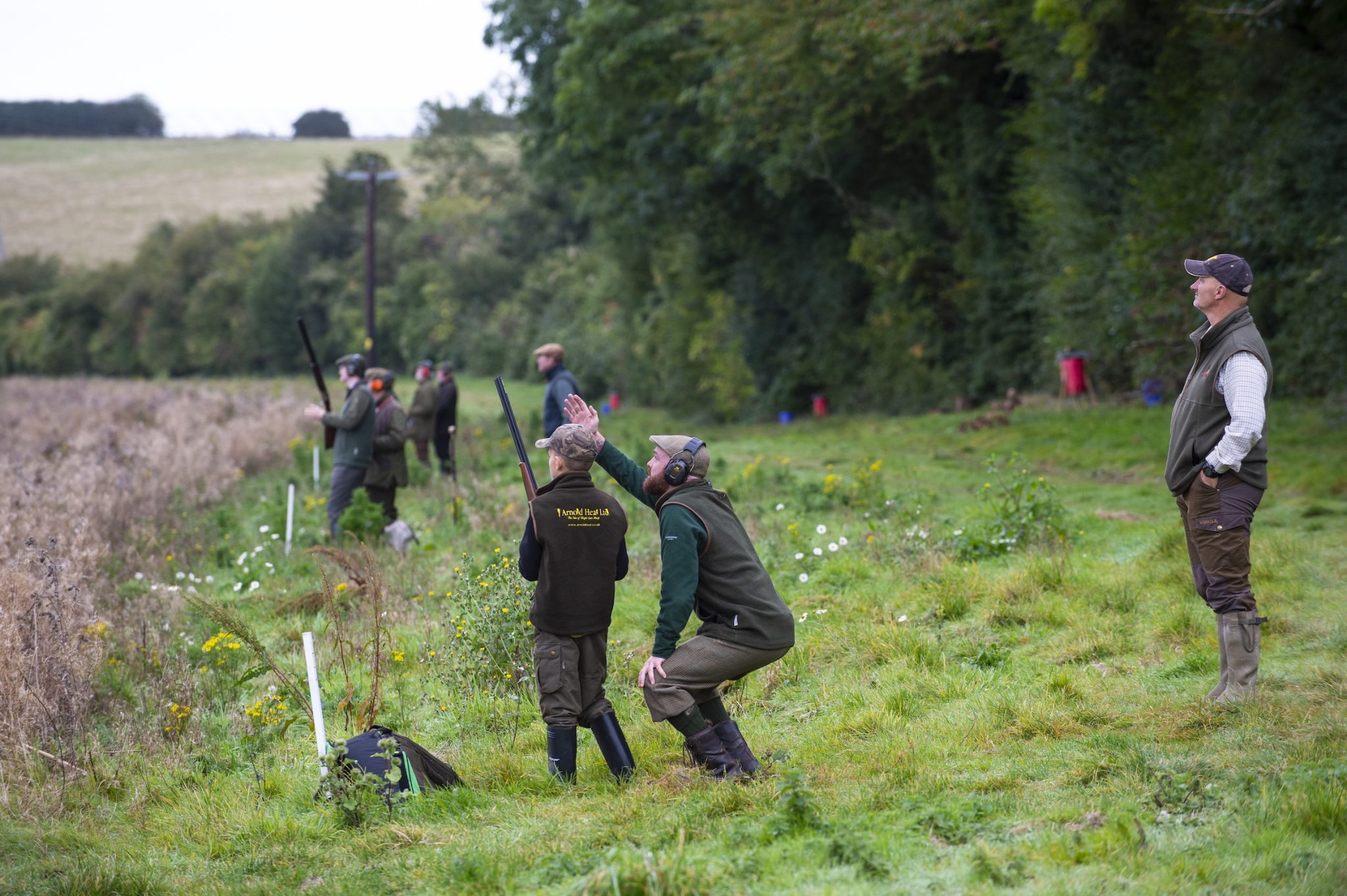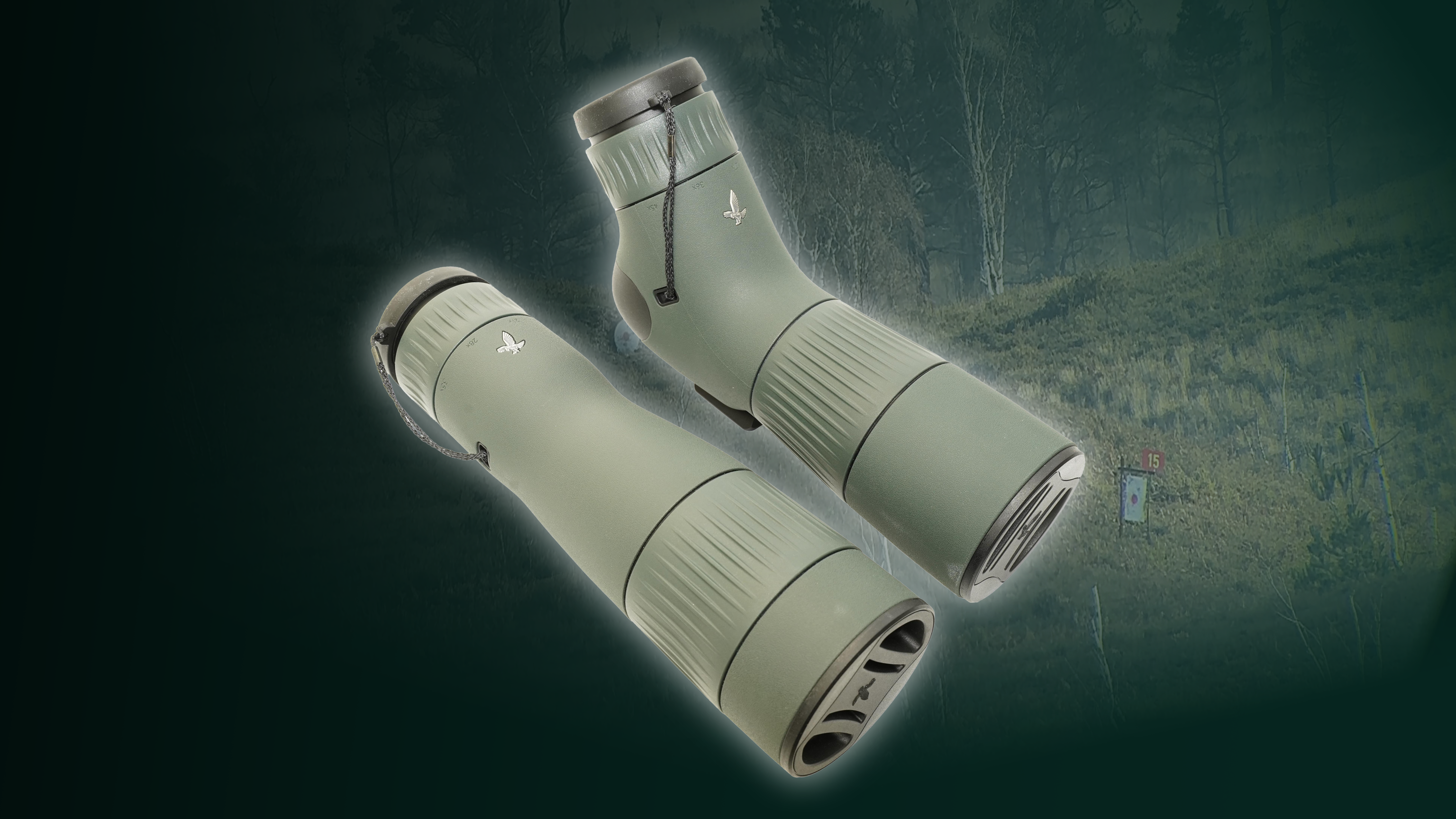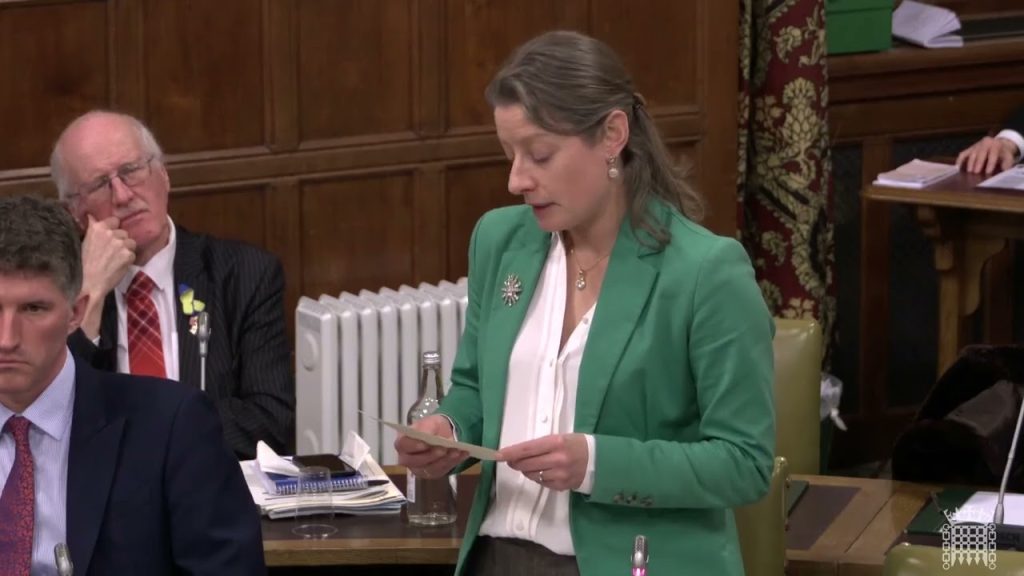The countdown is on for The British Shooting Show – book tickets online today and save on gate price!
Grouse season 2025: A challenging year ahead
With just days to go until the Glorious Twelfth, Shooting Times contacted leading moorland experts to assess how this year’s grouse season is shaping up

With just days to go until the Glorious Twelfth, Shooting Times contacted leading moorland experts to assess how this year’s grouse season is shaping up.
Our findings reveal that moorland managers are bracing for a difficult year after devastating weather severely affected bird numbers across many estates.
Last year’s weather casts a long shadow
Lindsay Waddell, former chairman of the National Gamekeepers’ Organisation and long-serving upland keeper, says wild game seasons are often shaped more by the previous year’s weather than current conditions.
He described 2024 as: “Perhaps the worst breeding disaster for 25 years… bitterly cold, wet, with no insects and poor food quality for the adults.”
Over 100 shooting days cancelled
One agency operating in northern England was forced to cancel more than 100 shooting days last season. Even on moors that did go ahead, many estates held back to preserve breeding stock, prioritising long-term recovery.
Waddell notes that many higher moors have been left with “very light stock indeed”, while lower-ground estates are also struggling. He warns that full recovery could take years.
2025: A mixed bag of weather and conditions
Although this spring brought better conditions for chick production, extreme weather swings have complicated recovery.
Waddell reports that a beneficial winter reduced parasite burdens. However, “the very hot dry weather would appear to have had an impact on insect numbers” – a crucial food source for chicks. He notes that high peat moors have been “somewhat buffered from drought”, offering slight relief.
Even so, many moors will still struggle to offer their usual number of shooting days due to limited breeding stock.
Heather beetle threat adds to pressure
More worrying still is the widespread outbreak of heather beetle, threatening the adult grouse’s main food source.
Waddell describes it as “no more or less than catastrophic”, with thousands of acres of heather now dead or dying. The scale of damage risks pushing already stressed populations to breaking point.
Conservation concerns beyond grouse
Andrew Gilruth, chief executive of the Moorland Association, acknowledges the tough season but highlighted broader conservation stakes.
“This year’s been tough, but keepers are used to stepping up when it counts,” he says. “The July counts will tell us more, but we’re already seeing how fragile things can get when wild birds face pressure.”
He stresses the wider ecological impact: “Grouse are the canary in the coal mine for our uplands – if they’re feeling it, so is everything else. That’s why what we do matters.”
Holding the line for Britain’s uplands
Gilruth concludes with a strong call for focus: “Good management, clear heads and sticking to our principles have never been more important. We’re not just running shoots – we’re holding the line for Britain’s upland wildlife.”
Related Articles
Get the latest news delivered direct to your door
Subscribe to Shooting Times & Country
Discover the ultimate companion for field sports enthusiasts with Shooting Times & Country Magazine, the UK’s leading weekly publication that has been at the forefront of shooting culture since 1882. Subscribers gain access to expert tips, comprehensive gear reviews, seasonal advice and a vibrant community of like-minded shooters.
Save on shop price when you subscribe with weekly issues featuring in-depth articles on gundog training, exclusive member offers and access to the digital back issue library. A Shooting Times & Country subscription is more than a magazine, don’t just read about the countryside; immerse yourself in its most authoritative and engaging publication.







